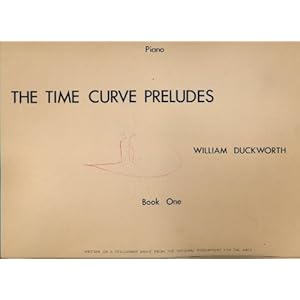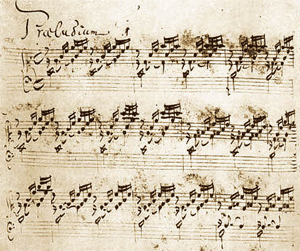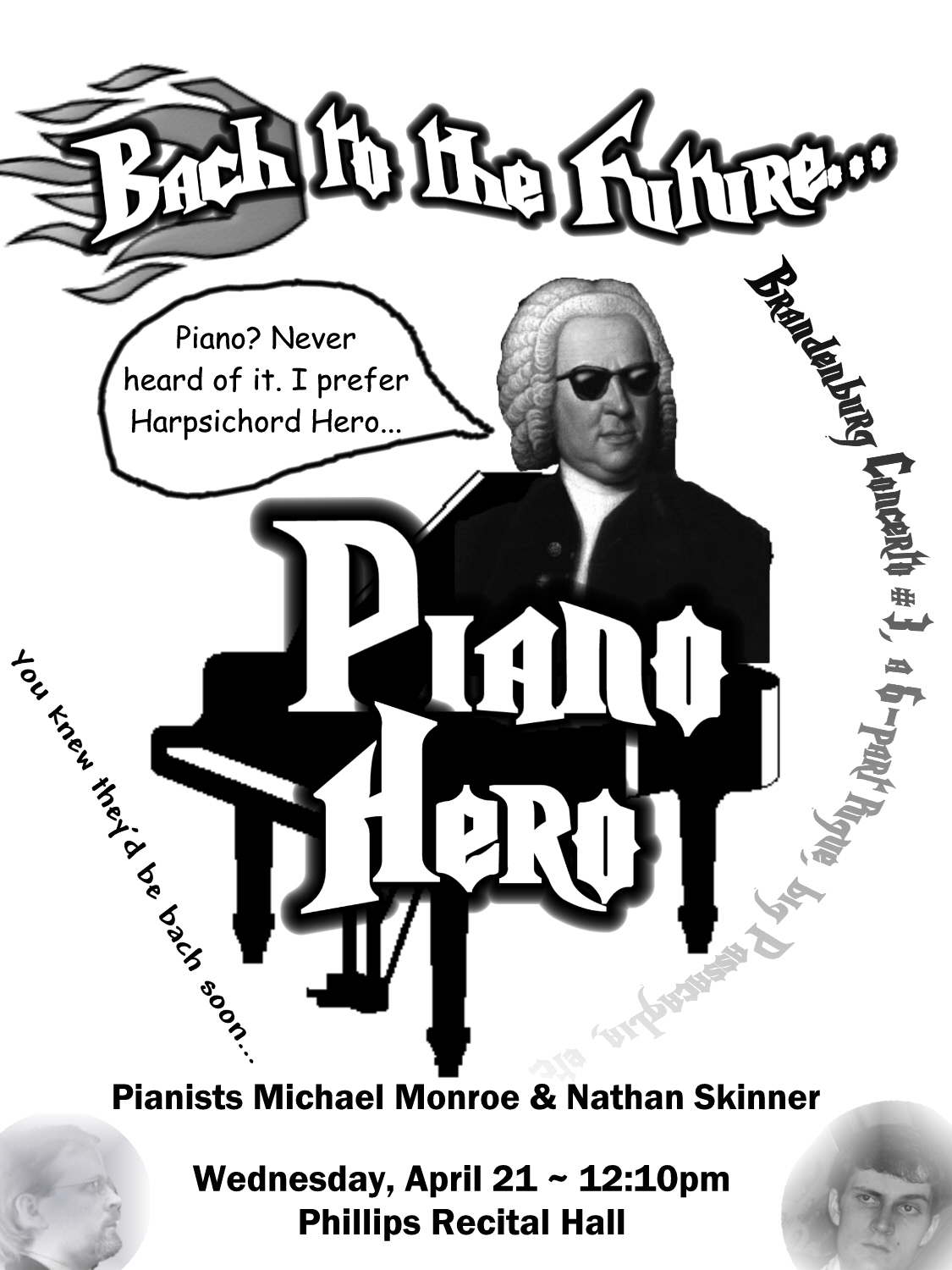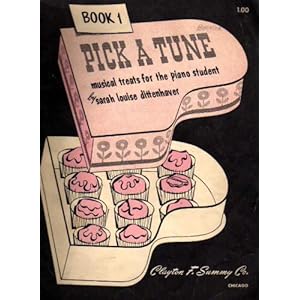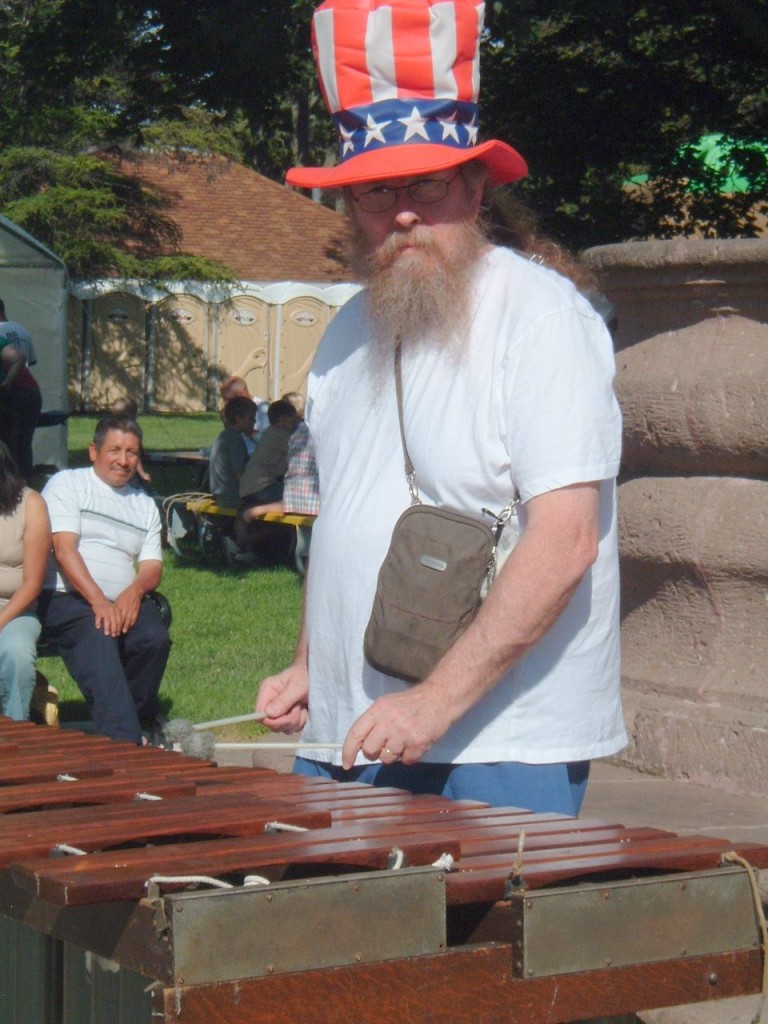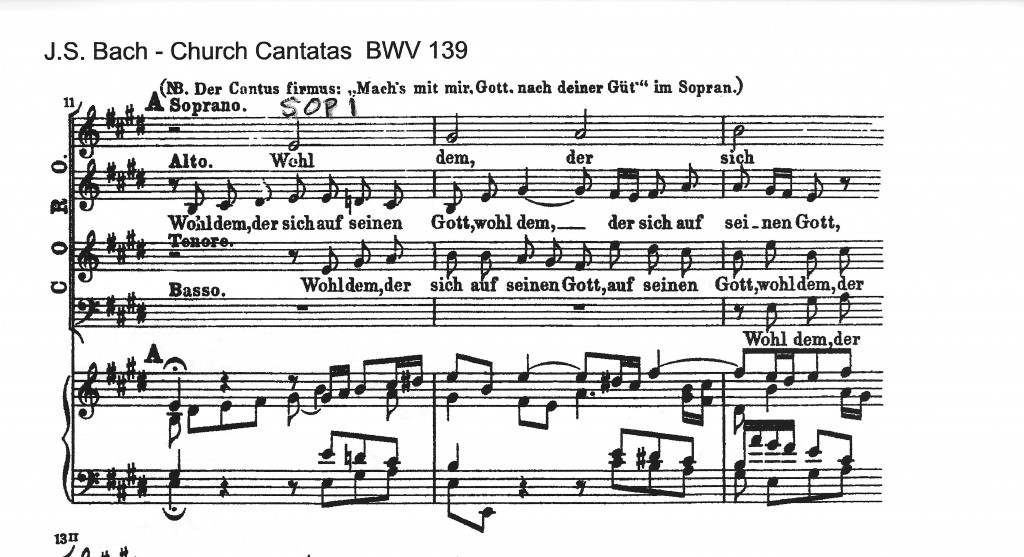I seem to be suffering from mild melancholia lately. I ascribe it to my schedule. Yesterday I began (for the first time) to entertain ideas of retiring from church work someday.
I guess I feel like I’m getting old to keep banging my head against this particular wall. I enjoy the work, but I tend to turn it into an obsession and make full time gigs out of part time ones.
This notion ebbed a bit when one of the musicians I asked to join me in performing the Bach Cantata movement the choirs are learning quickly said yes. So now I have a violin and myself on organ for it. I sat down and transcribed her part.
The oboist is giving it some thought. The cellist did not respond. One violinist turned me down. Time for the “whatever shrug” that I have been using to keep stuff in as much perspective as I can.
I will wait a bit before emailing the violinist her part. If the oboist says yes, I will give the violin some oboe II parts when it rests. If the oboist says no, I will give her oboe I parts. And in case I will give instrumentalists parts with the cuts that I made in it.
As I was rehearsing at the organ yesterday I realized that the page turn scores I made are so high that no singer or instrumentalist could see me conducting.
Oops. Made shorter scores.
Daughter Elizabeth

and Edison the cat arrive tonight.

That will be nice, especially the daughter part. Eileen and I will be cat sitting indefinitely while Elizabeth joins her partner Jeremy to live in Beijing.
My Mom actually came over to my house yesterday and ate her Wendy’s cheeseburger with me. It’s been some time since she’s had the strength and inclination to do something like that.
The dance department chair has requested some Prokofiev
and Rachmaninoff
for some dance combinations. Unless an instructor is specific about the piece, I find this pretty tricky. I can play pieces by these composers, but do they fit in character with what the instructor expects. Yesterday she asked for a mazurka. My brain went blank. What she needed was so far distant from my experience of Chopin mazurkas that I didn’t even associate them. I did manage to improvise something that fit the dance. It barely related to what I think of as mazurkas but it worked.
I had some Prokofiev and Rachmaninoff with me in case she asked for it. She didn’t. Interestingly while looking through my Prokofiev scores I found some music that intrigued me. I slowly played through a couple pages of his etude in D minor Op. 1#2 yesterday and before that several pieces from his Music for Young People Op. 65. The latter represents him as a composer at his height of his abilities. The music is not too hard but not really for beginning students.
I do like Prokofiev and am glad to get sucked back into his work. I have rehearsed several movements from his piano sonatas and find them pretty profound. I think he has something to say to me.
********************************************************************
America’s Inevitable Retreat From the Middle East – NYTimes.com
A fresh analysis.
********************************************************************
Genetically Modified Food – NYTimes.com
The writer of this letter to the editor makes sense to me. His perspective is one I find missing in the hysteria around GMOs.
*********************************************************************
David Byrne’s ‘How Music Works’ – NYTimes.com
This review seems to understand this book better than the first one I read.
*********************************************************************
Free Speech in the Age of YouTube – NYTimes.com
Tricky stuff.
*********************************************************************









